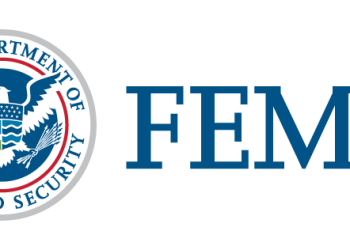
The end of the COVID-19 pandemic will depend on the willingness of millions of Americans to accept vaccination, experts say.
Getty Images
In a recent Texas A&M University-led study, about 31 percent of 5,009 surveyed Americans said they don’t plan to get the COVID-19 vaccine once it becomes available to them.
Experts say between 70 to 90 percent of the population needs to be vaccinated in order for herd immunity to end the pandemic that’s caused the deaths of more than half a million Americans in the last year. So even as the rollout picks up speed, with President Joe Biden announcing on Thursday a plan to make all adults eligible for the vaccine by May 1, vaccine hesitancy could stand in the way of reaching herd immunity.
A combination of skepticism, misinformation and political polarization may influence the willingness of millions of people to accept vaccination. Polling from the Kaiser Family Foundation currently shows that 15 percent of Americans “definitely will not get vaccinated.”
Timothy Callaghan, who led the Texas A&M survey that was published in January in Social Science & Medicine, has studied vaccine hesitancy since he joined the School of Public Health in 2016 as an assistant professor in the Department of Health Policy and Management. Prior to the novel coronavirus, he says there was already a clear correlation between partisanship and vaccine hesitancy, and a profile for groups who are more likely to refuse…



























































